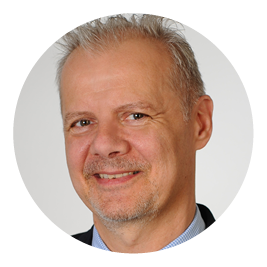Short description about presentation:
The total dioxin emissions in India from industrial sources are approx. 8,600 g TEQ, whereby the biggest source are waste incineration plants with approx. 5,800 g TEQ or 66 % of the total emission. These emissions are generated by around 120 Hazardous Waste Incinerators and some Medical Waste Incinerators. Around one third of the total emissions are released to the air and could be therefore reduced significant with appropriate flue gas cleaning devices. A supervision of the functionality of the flue gas cleaning devices need to be monitored. Manual sampling of dioxin emissions needs to have experts in stack sampling of dioxins and experienced dioxin laboratories. The continuous dioxin emission monitoring by long term sampling systems can help to have an easier possibility to monitoring of dioxin emissions, as the needed sampling knowledge is integrated in the automatic sampling system. If the system is once time installed there is no extensive sampling knowledge necessary for the operator of such a system. Additional, the long term sampling gives quite more information of the total yearly dioxin emissions of a stack in comparison to the short term manual sampling of a few hours.
This paper will give an overview of more than 20 years experiences of continuous dioxin sampling, mainly in Europe and the will give information on the actual regulatory trends in the EU by the revision of the Best Available Technology (BAT) Reference (BREF) document for waste incineration. In the final draft of this BREF the long-term sampling of dioxins is already mentioned as continuous monitoring solution and BAT associated emission levels (BAT-AELs) are mentioned for the long-term sampling. The normative basis for the methods of the sampling are described in the published CEN/TS 1948-5.
In the paper will be discussed if and if yes in which way the European experiences could be transferred to the situation and conditions in India, to support the reduction of the industrial dioxin emissions in this region.
